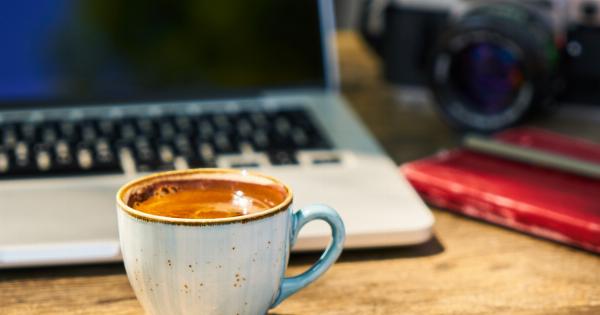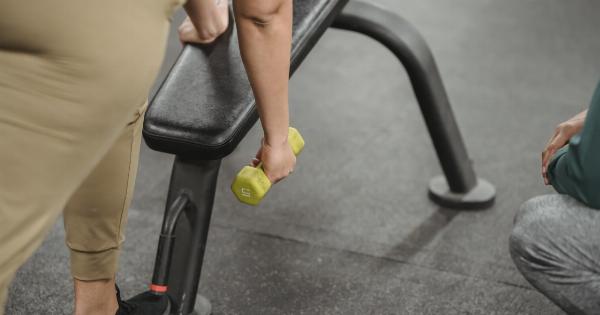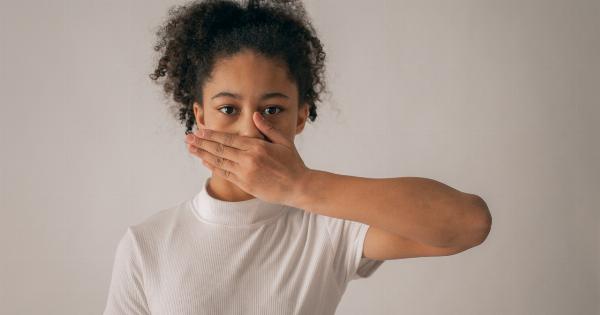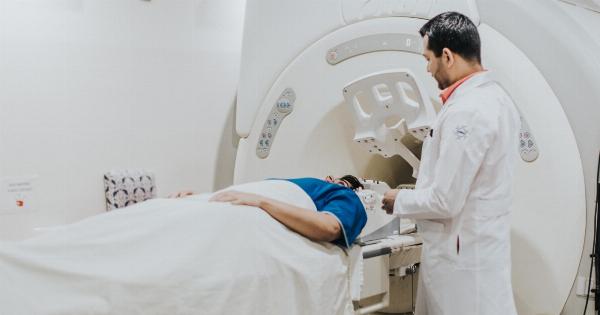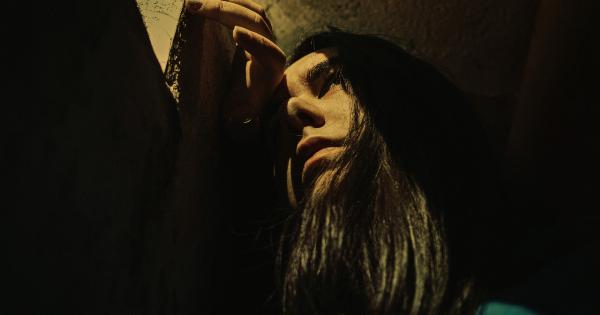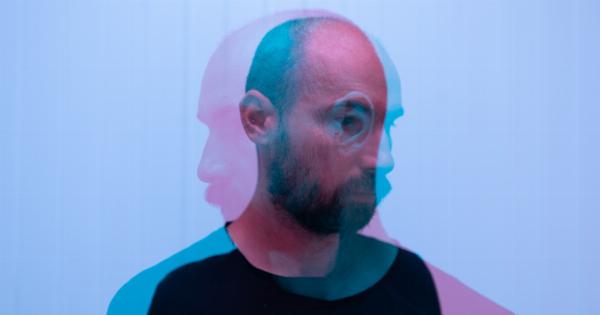Caffeine is the most commonly used psychoactive drug in the world. It is found in coffee, tea, chocolate, and many other products.
Caffeine is a stimulant that affects the central nervous system and can cause feelings of alertness, energy, and even euphoria. However, consuming too much caffeine can lead to negative effects, including anxiety.
Understanding Anxiety
Anxiety is a natural response to stress, but when anxiety becomes persistent and disrupts daily life, it may be classified as a mental health disorder.
Anxiety disorders affect millions of Americans, and symptoms include excessive worrying, difficulty sleeping, and physical symptoms such as rapid heartbeat and muscle tension.
There are many different types of anxiety disorders, including generalized anxiety disorder, panic disorder, social anxiety disorder, and obsessive-compulsive disorder. These disorders can be treated with therapy, medication, or a combination of both.
The Link Between Caffeine and Anxiety
While a cup of coffee or tea can help someone feel alert and focused, consuming too much caffeine can lead to negative effects.
Caffeine stimulates the central nervous system, which can lead to increased heart rate, rapid breathing, and other physical symptoms that are similar to anxiety. In people who are already prone to anxiety, these physical symptoms can trigger or worsen feelings of worry and fear.
Studies have shown that too much caffeine can increase symptoms of anxiety, particularly in people who are sensitive to caffeine or are prone to anxiety.
In a study published in the Journal of Anxiety Disorders, researchers found that students who consumed higher levels of caffeine reported more symptoms of anxiety compared to those who consumed lower levels.
The Caffeine and Anxiety-Induced Insomnia Cycle
Another way that caffeine can worsen anxiety is by disrupting sleep. Caffeine is a stimulant that can keep someone awake and alert, but it can also make it more difficult to fall asleep and stay asleep.
People who consume caffeine late in the day may find it difficult to fall asleep at night, which can lead to insomnia.
Insomnia is a common symptom of anxiety disorders, and it can worsen symptoms of anxiety. When someone is sleep-deprived, they may feel more anxious and irritable and have difficulty concentrating.
This can lead to a cycle in which anxiety leads to insomnia, which leads to more anxiety.
Reducing Caffeine Intake to Manage Anxiety
If someone is experiencing symptoms of anxiety, reducing caffeine intake may be a helpful strategy. While it may not eliminate anxiety completely, reducing caffeine can help to reduce symptoms and make them more manageable.
The amount of caffeine someone can consume without experiencing negative effects varies from person to person.
In general, it is recommended that adults consume no more than 400 milligrams of caffeine per day, which is equivalent to about four cups of coffee. However, some people may be more sensitive to caffeine and may need to consume less.
Switching to decaf coffee or tea, limiting soda and energy drink consumption, and avoiding chocolate and other caffeine-containing products can help to reduce caffeine intake.
It is important to keep in mind that caffeine is found in many medications, including some pain relievers and allergy medications, so it is important to read labels and be mindful of caffeine content in these products as well.
Managing Anxiety with Therapy and Medication
If someone is experiencing severe symptoms of anxiety, reducing caffeine intake alone may not be enough to manage symptoms. Therapy, medication, or a combination of both may be recommended to treat anxiety disorders.
Cognitive-behavioral therapy (CBT) is a common form of therapy used to treat anxiety disorders. CBT focuses on identifying and changing negative thought patterns and behaviors that contribute to anxiety.
This type of therapy has been shown to be effective in treating anxiety disorders and can be used in combination with medication.
Antidepressant medications, such as selective serotonin reuptake inhibitors (SSRIs) and benzodiazepines, are often used to treat anxiety disorders.
SSRIs work by increasing levels of serotonin, a neurotransmitter that regulates mood, while benzodiazepines act as a sedative and can help to reduce feelings of anxiety.
Conclusion
Caffeine is a widely consumed psychoactive drug that can have negative effects on anxiety. Too much caffeine can lead to symptoms that mimic anxiety, and it can also disrupt sleep, leading to insomnia.
Reducing caffeine intake may be a helpful strategy for managing anxiety, but for people with severe symptoms, therapy and/or medication may be necessary. Understanding the link between caffeine and anxiety can help individuals make informed choices about their caffeine intake and manage their anxiety more effectively.

